
West Nile Virus in Horses—Not Gone and Should Not Be Forgotten
West Nile virus, now endemic on most continents, causes deadly neurological disease in horses, with vaccination remaining the only effective prevention.

West Nile virus, now endemic on most continents, causes deadly neurological disease in horses, with vaccination remaining the only effective prevention.

Find out what a veterinarian might look for when examining a horse that loses his balance after jumping a fence.
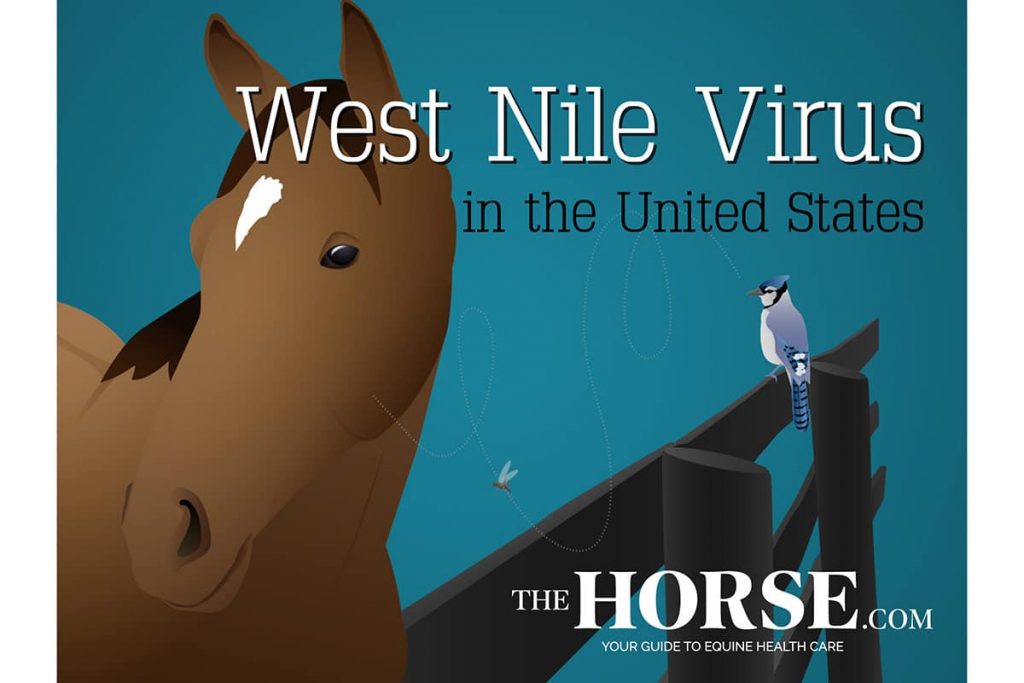
West Nile virus has infected more than 29,000 U.S. horses since 1999. Learn about the disease and how to protect your horses in this updated interactive feature.

Learn about the American Association of Equine Practitioners’ recommended core and risk-based horse vaccines in this handy special report. Sponsored by Boehringer Ingelheim.
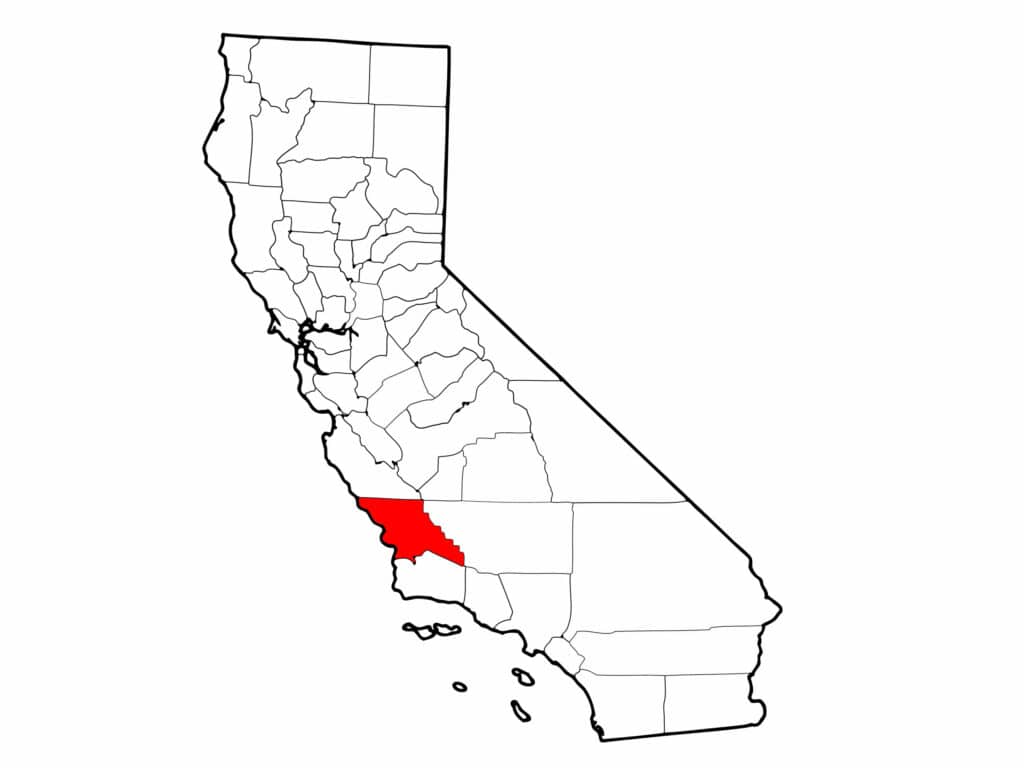
The stallion was likely exposed to WNV in Mexico before arriving in the U.S.
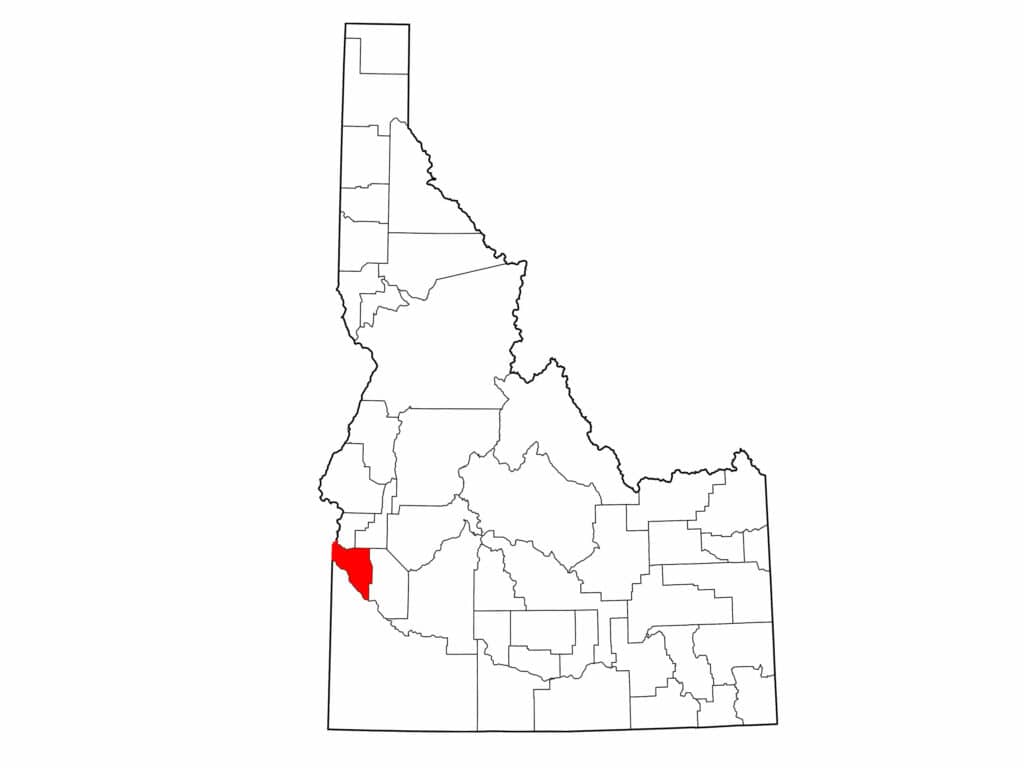
The Canyon County gelding is recovering.

The Oneida County gelding had recently returned from Utah.
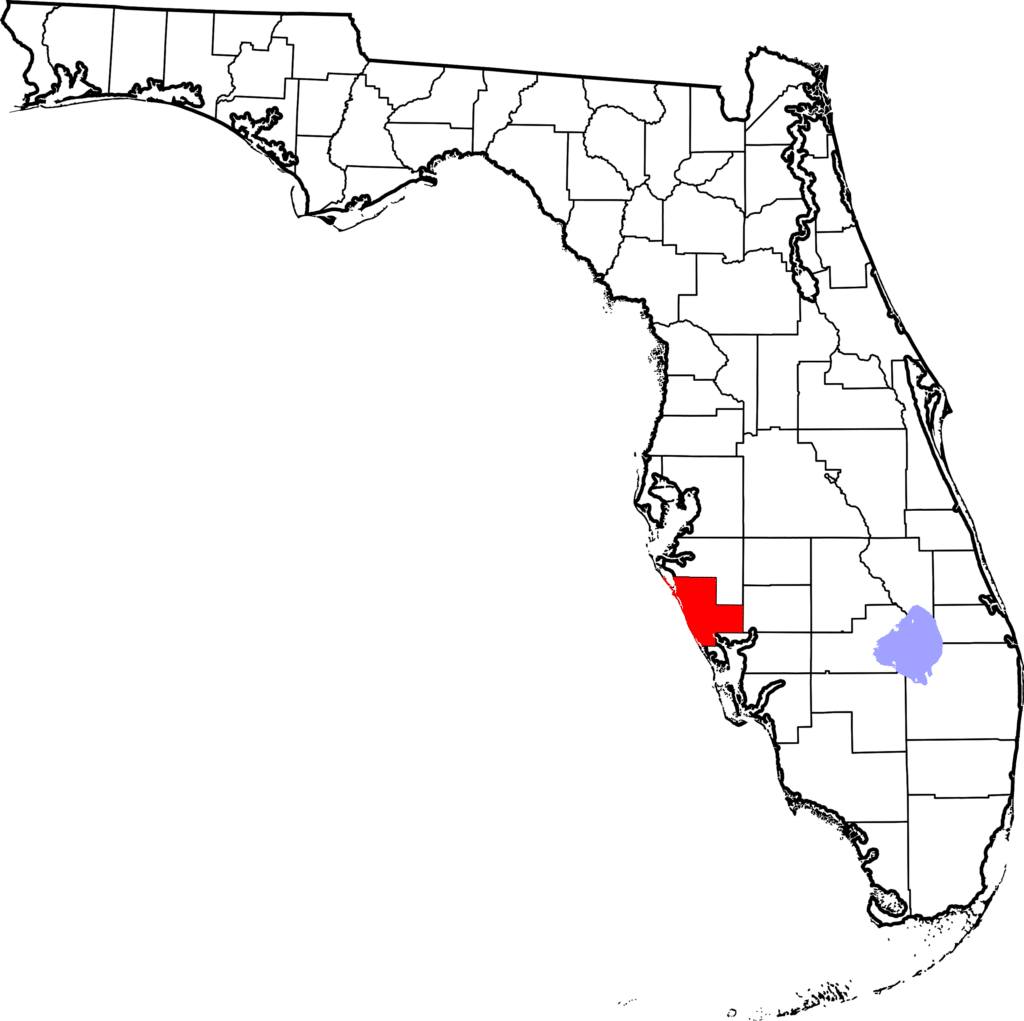
The unvaccinated gelding is recovering in Sarasota County.

The Quarter Horse colt lived in Adams County and is now deceased.
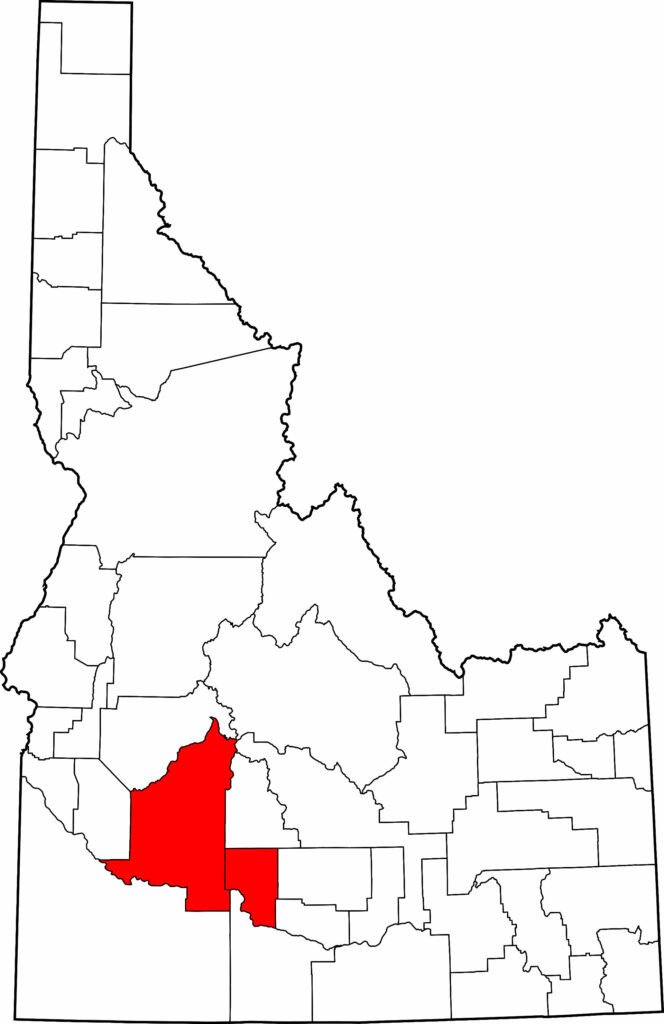
The fillies reside in Elmore and Gooding counties.

The unvaccinated filly resides in Kern County and is reported to be affected and alive.
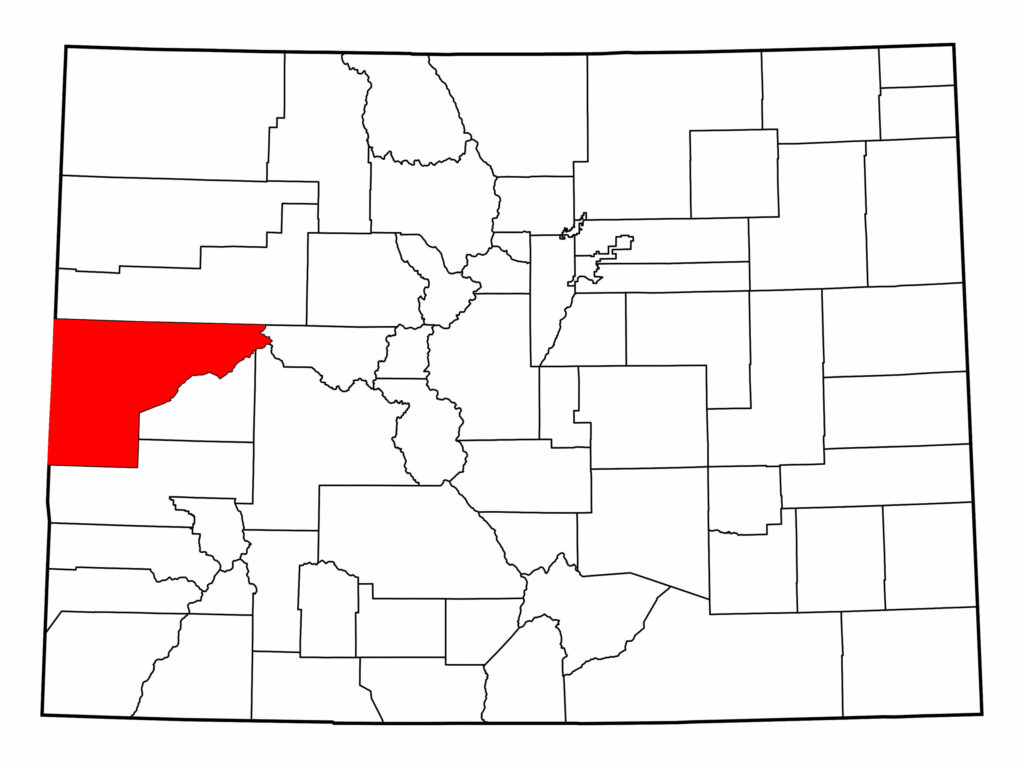
The unvaccinated gelding resides in Mesa County.

The Tulare County stallion marks the fifth WNV case in California in 2022.
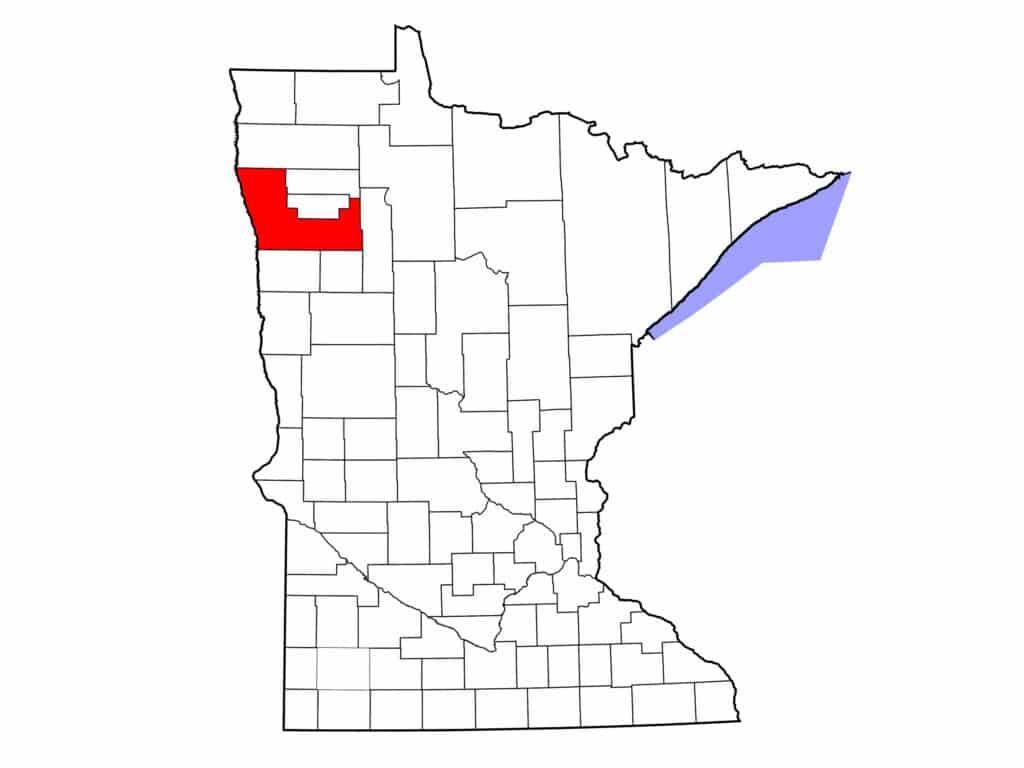
The unvaccinated Standardbred filly resides in Polk County.

Learn about the diseases veterinarians recommend protecting your horse against and how vaccination could save your horse’s life.

Horses might need additional risk-based vaccines in the fall months, depending on location and activities.
Stay on top of the most recent Horse Health news with
"*" indicates required fields